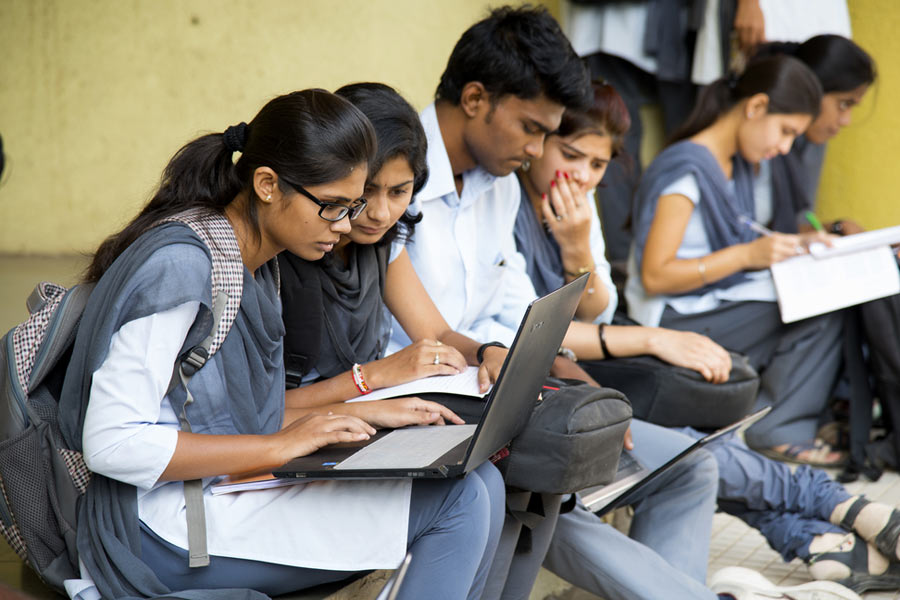Few things are more damaging than rote learning. It does not expand the learner’s universe or inspire the child’s imagination. But this has become the predominant system in school education, teaching few students to think independently and creatively. At such a time, the decision of the Council for the Indian School Certificate Examination to increase the number of critical or analytical questions and to emphasise the application of concepts for purposes of deeper understanding is more than welcome. Although the council’s long-term plan is to change, gradually, some questions into analytical ones from middle school onwards, schools are planning to train children in this new approach from the lower classes. This would require a reorientation for students, teachers and guardians in different ways. Critical thinking would be the best preparation for higher studies as well as for competence in different kinds of work. Conceptual clarity through application would be linked to the children’s experiences; there are few better ways to encourage life skills and creativity.
The plan is a reason for hope when independent thinking seems on the wane. It is not the attacks on certain opinions or analyses that is at issue here, or the silencing of dissent and the eager echoing of dominant points of view. The power to think and question, to explore and experiment, itself has been undermined through the practice of rote learning. Tutorial homes flourish in this situation, exacerbating the evil of thoughtless regurgitation. It is a vicious cycle — the examination system, teaching practices, the perceived indispensability of coaching all turn one upon the other. First-generation learners may need the extra help, and that, too, should be provided by the school. But unless teachers have security, respect, teacher-like responsibilities — not counting midday meal eggs, for example — and acceptable work environments, reasonable solutions will remain elusive. For better-off families, ambitions for the children and aspirations for better lives drive the cycle, affecting not just the quality of education but the culture that emanates from it.
How the plan is implemented would be crucial. The CISCE has professed its adherence to the National Education Policy 2020 in making the decision; experience indicates that the way the NEP’s promises are fulfilled is often rather different from what the promises seem on paper. There has been a dumbing down of culture not just because of fear but also — at least partly — because of flaws and growing inequalities in the education system. Any sign of sharpness — of thinking, analysing, arguing, dissenting, even laughing — is bluntly attacked, which is predictable for a regime that bulldozes through its decisions in a democratic Parliament. Education must be regimented as bluntly, not just in method but also in content, by distortions in history and science to suit the ideology of the present government. Dullness is all. A change in approach in school-teaching could rescue a whole generation — if it happens the way it has been promised.











